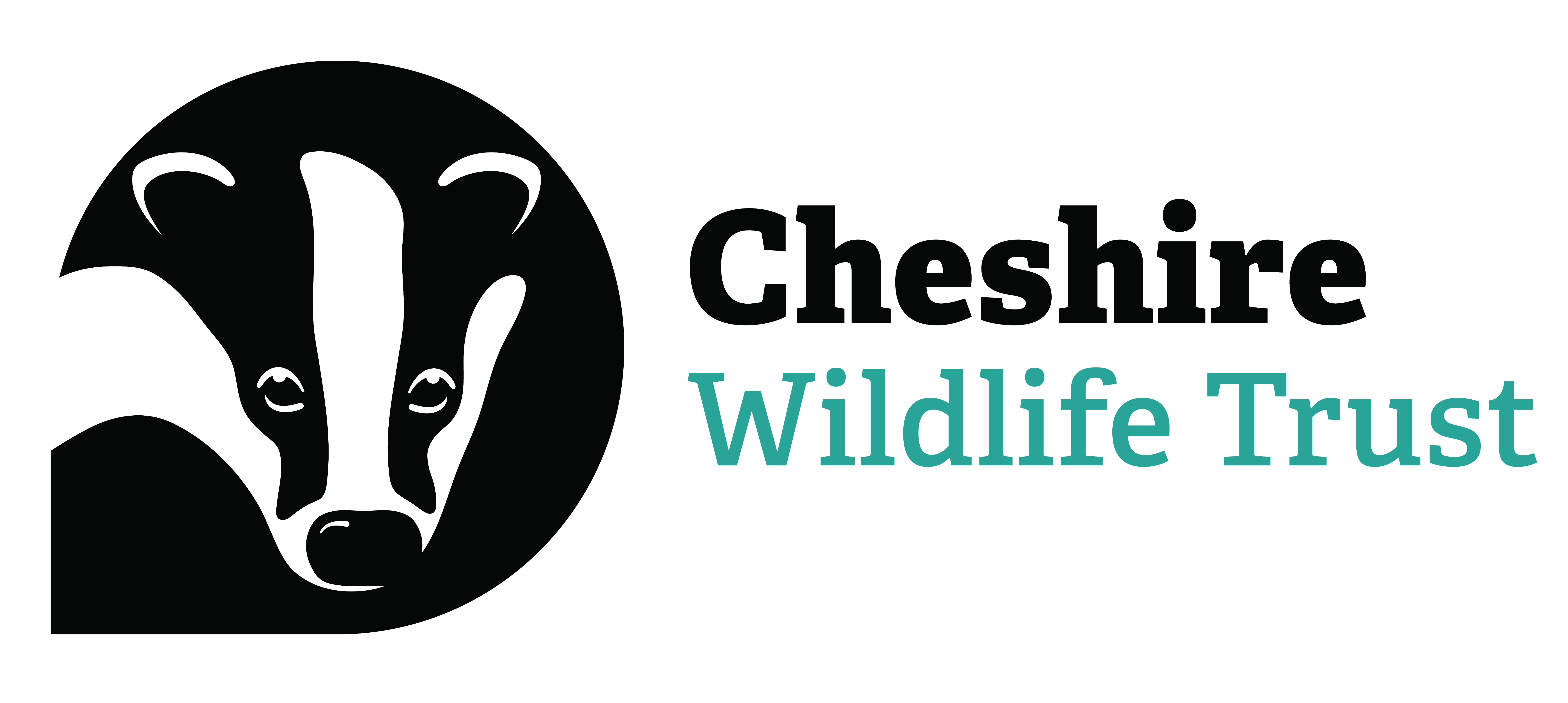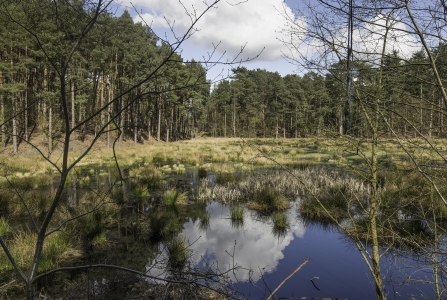Chris Meredith, Delamere Conservation Officer at Cheshire Wildlife Trust explained the importance of this year’s survey results. “Sightings this year are really significant. We know that we have had white-faced darters successfully emerge from our work introducing mature larvae to the site, but this is the first year where we have not introduced new larvae to the pool. This means the adults that are emerging this month are either from larvae that were at an earlier stage and have therefore survived for a longer period or are in fact the result of adults breeding successfully at our site.”
Over the last few years an ambitious programme has been underway to re-introduce this rare species to Delamere Forest. The return of the dragonflies comes after several years of dedicated work to reinstate and improve lost habitats at the well-known forest in partnership with the Forestry Commission, along with a carefully planned series of white-faced darter translocations.

